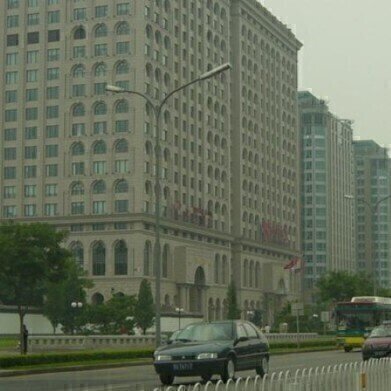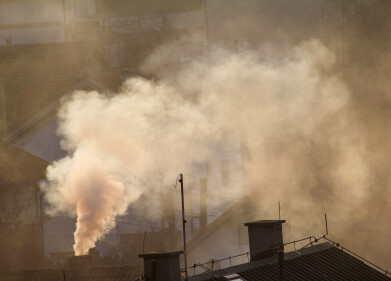-
 Reducing emissions should help reduce harmful city smog
Reducing emissions should help reduce harmful city smog
Safety
China carbon trading scheme set to reduce emissions
Jun 20 2013
China has announced plans to introduce the country's first ever carbon trading scheme in a bid to reduce emissions. China is the world's largest emitter of carbon dioxide and until recently has failed to make moves to reduce the amount of pollution created in the country.
The new scheme that is set to be piloted in several areas before the end of the year will make China second to Europe in terms of charging for every tonne of carbon emissions released into the atmosphere. Depending upon the success of the test the scheme could be implemented throughout the whole country by 2015.
The main focus is to reduce air pollution levels in cities where the levels of smog are often dangerous. Beijing is one of the cities that is aiming to reduce emissions, with targets of lowering emissions levels recorded in 2005 by up to 45 per cent by 2020. The seven cities that will be taking part in the pilot scheme could regulate between 800 million and one billion tonnes of emissions by 2015.
The first stage of the carbon trading scheme has now begun in Shenzhen in the Guangdong province. In total the scheme will cap emissions from 635 industrial companies as well as some public buildings. In total those subjected to the carbon cap account for around 40 per cent of the total carbon dioxide created within the city.
The scheme means that companies are subjected to limits on the amount of emissions they can create. Each individual company is given credits, with each credit representing one tonne of carbon. If the company is coming in under target they are allowed to see any existing credits to other companies, allowing companies that are unable to meet their targets to purchase credits to suit their needs.
Any companies that do not comply with the scheme and do not have the correct number of credits to account for their emissions will face penalties. However, it has been argued that the penalties are not high enough to truly make an impact. There is speculation that if a company is able to make big enough profit, the current penalties will not be enough to stop them breaking the law in order to do so.
Digital Edition
PIN 25.6 Buyers' Guide
January 2025
Buyers' Guide Directory - Product Listings by Category - Suppliers Listings (A-Z) Articles Analytical Instrumentation - ASTM D7042: The Quantum Leap in Viscosity Testing Technology -...
View all digital editions
Events
SPE Hydraulic Fracturing Technology Conference and Exhibition
Feb 04 2025 The Woodlands, TX, USA
Feb 05 2025 Guangzhou, China
Trinidad and Tobago Energy Conference 2025
Feb 10 2025 Point Lisas, Trinidad
Feb 11 2025 Lagos, Nigeria
Feb 13 2025 Manama, Bahrain


















